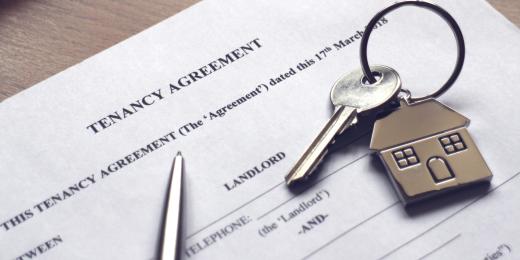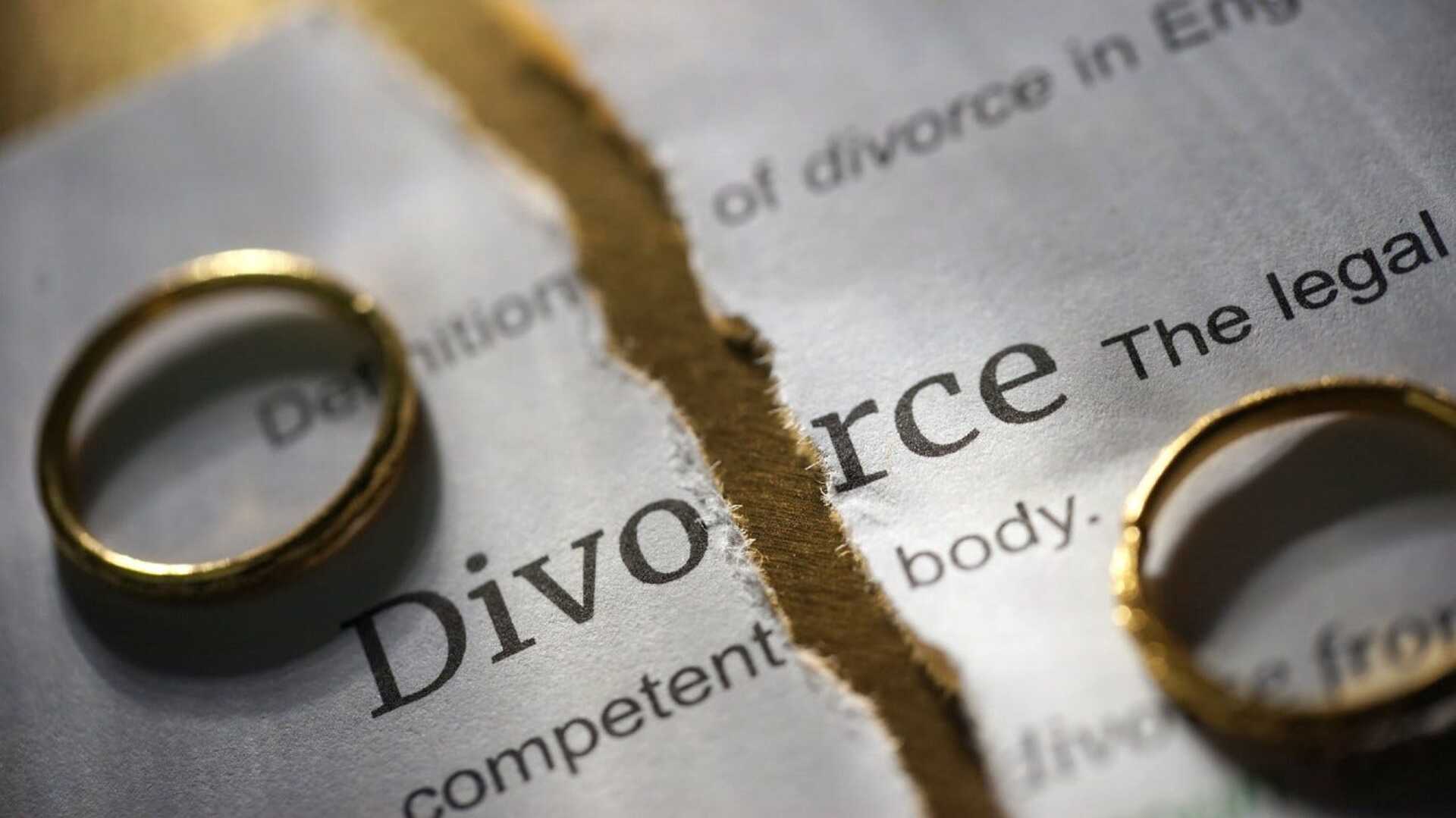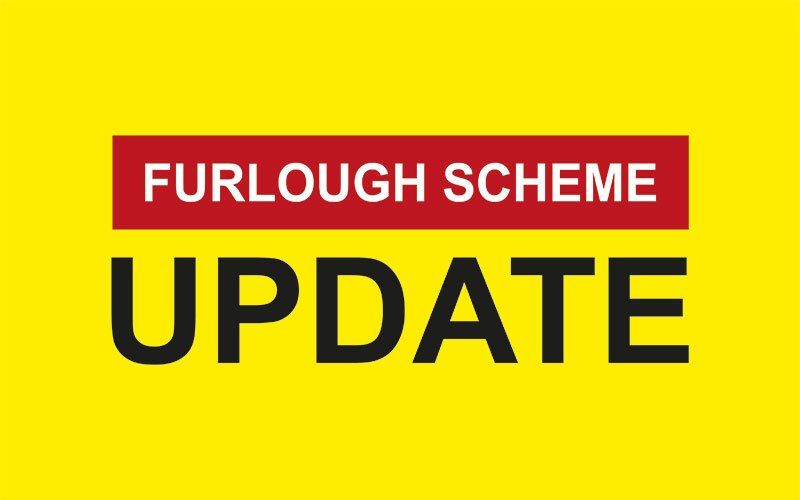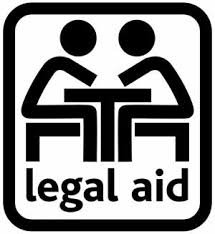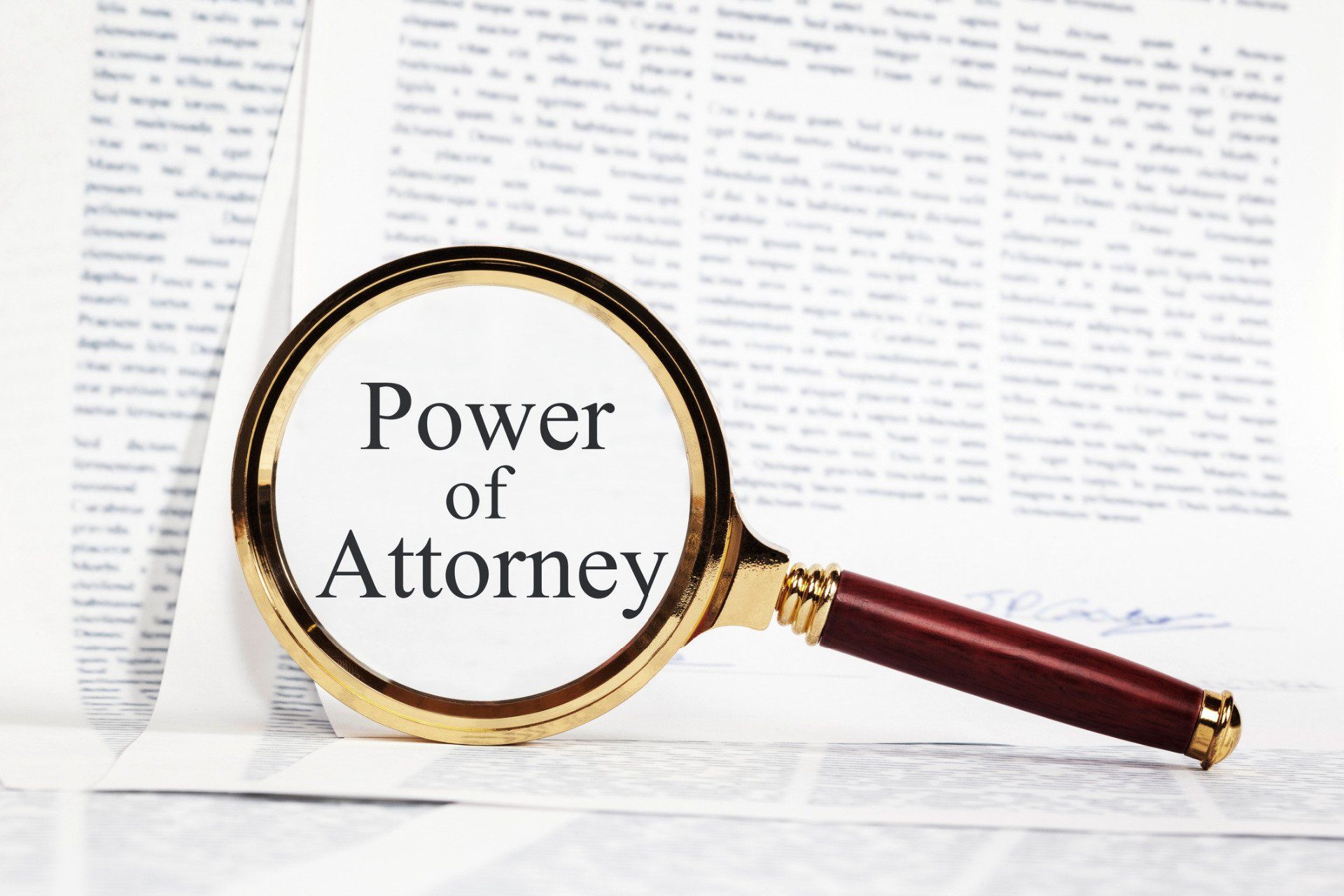
An Enduring Power of Attorney means that a person (or persons) you choose will be able to continue to deal with your property and affairs after you are no longer capable mentally of dealing with them yourself. An EPA can be used also in the case of a person who is physically incapacitated. Given the very serious legal consequences of the Form, it is critical anyone considering an EPA obtain legal advice on the legal requirements and the consequences of the document.
To be lawful, the Enduring Power of Attorney must be in the exact Form which is prescribed by the Enduring Power of Attorney Regulations (NI) 1989. The Form must be executed in the correct way otherwise it will not be valid or it may not operate in the way that you wish.
It is possible, and in most cases strongly advised to restrict the ability of your attorney (or attorneys) to deal with particular assets and to set out the specific circumstances when the EPA comes into effect.
If your unfortunate to be involved in a car accident, not knowing what to do can make things worse. Make sure you know what steps to take after a car accident.
Remain Calm
It’s easy to fly off the handle and get angry at the other driver, but this will only escalate the situation. After any car accident, it’s important to remain calm, check if you have any injuries and if passengers are ok. If anyone involved has been injured or is in need of emergency medical attention, call for an ambulance.
Document the Scene
Immediately check the car and snap a picture of the license plate number, as well as the make and model of the car, just in case the person drives off. Even if the damage is minor, assess and document everything so you can report the situation accurately.
It’s also important to take photos after a car accident. This will give you a record of the actual damage, which you’ll need in case the other driver tries to claim a different version of the events that occurred.
Alert the Police
A police report can provide valuable information to your insurance company for accident-related claims that are filed. It is important to remember that it is a criminal offence to fail to;
- Stop your vehicle and remain at the scene for a reasonable time
- Report the collision within a reasonable time, either to police via 101 or the other party involved if they are present.
Exchange Information
The police will record details at the scene of the accident, but it’s vital you do, too. No matter how small the car accident was, exchange the following information with the other driver:
- Names of the Driver and all passengers
- Driver’s license number and state of driver
- Insurance details of vehicles involved
- Makes and models and license plate numbers of all vehicles involved
- Contact information of any eyewitnesses
- Date, time, and location of the accident
Locate Witnesses
If there were pedestrians or other drivers who witnessed the accident, make sure you take down their names and contact information.
Contact Your Insurer
Contact your insurance company or broker as soon as you can to report the accident to them.
Contact your Solicitor
To make sure you get what you’re rightfully entitled to, consult a solicitor in respect of any claim you might want to make.
Go see your GP or attend hospital
Never assume that injuries will resolve on their own just because it was a minor collision. At this early stage of the process then your health should remain paramount and if you wish to pursue a claim for personal injuries then you will need to demonstrate evidence of seeing medical professionals in consequence of your injuries.
Never Admit Fault
Even if you think the situation is your fault, you may be wrong. The police and your insurance company will decide who is to blame. You may only be partially at fault, or there may be circumstances you’re unaware of.
If you have been in a car accident and wish to discuss a potential personal injury claim, you can contact us on :-
• Tel: 028 87752 455
• Email: carmelomeara@btconnect.com
• Web: www.carmelomeara.co.uk

An Enduring Power of Attorney, also known as an EPA is a legal document which outlines persons who you are able to appoint to act in various matters on your behalf if you lose testamentary capacity.
The main advantages to making an Enduring Power of Attorney are:
· You can choose someone you trust to look after your finances in the future
· You can specify what powers your Attorney has, for example you can restrict them from selling particular assets, such as your home or only having access to certain bank accounts.
· It provides peace of mind that your affairs will be in order should you become mentally or physically incapacitated
· It reduces the chance of future complications and costs for your family members or loved ones – obtaining control of someone else’s affairs without an EPA is time-consuming and expensive.
A registered Enduring Power of Attorney in Northern Ireland does not give the attorney authority in relation to any health and welfare decision affecting the donor of the Power and this would include the decision as to whether to give the COVID-19 vaccination to the donor.
This is in contrast to the position in England and Wales which have Health and Welfare Lasting Powers of Attorney which may enable attorneys to deal with the issue of vaccination on behalf of the donor.
For further information on making an Enduring Power of Attorney, you can contact us on :-
• Tel: 028 87752 455
• Email: carmelomeara@btconnect.com
• Web: www.carmelomeara.co.uk

The UK Government has announced a major package for employers to avail of during the current coronavirus pandemic which is open to all UK employers for at least three months starting from 1 March 2020.
The scheme is expected to be up and running by the end of April and is designed to support any employers whose business has been severely affected in light of the coronavirus (COVID-19).
So what is it? Furlough means to ‘grant leave of absence to’
An Employer, in due course, will be able to access a HMRC Portal to claim for 80% of their employees monthly wage up to £2,500 a month, plus the associated Employer National Insurance contributions and minimum automatic enrolment employer pension contributions on that wage.
The scheme is open to all UK employers that had created and started a PAYE payroll scheme on or before 28 February 2020.
Criteria which applies:-
Any UK organisation with employees can apply, including:
· Businesses
· Charities
· Recruitment agencies (agency workers paid through PAYE)
· Public authorities
Furloughed employees must have been on PAYE payroll on 28 February 2020, and can be on any type of contract, including:
· Full-time employees
· Part-time employees
· Employees on agency contracts
· Employees on flexible or zero-hour contracts
To be eligible an employee who has been placed on furlough, can not undertake work for or on behalf of the business. While on furlough, the employee’s wage will be subject to usual income tax and other deductions.
If an employee is working, but on reduced hours, or for reduced pay, they will not be eligible for this scheme and the business will have to continue paying the employee through their payroll and pay their salary subject to the terms of the employment contract .
To be eligible for the subsidy employers should write to their employee confirming that they have been furloughed and keep a record of this communication.
Employees on sick leave or self-isolating should get Statutory Sick Pay, but can be furloughed after this. Employees who are shielding in line with public health guidance can be placed on furlough.
Importantly the same legal principals in relation to employment law and Employers must ensure they act in a responsible many which does not open themselves to litigation.

Extinguish a Right of
Way :-
In order for an easement or right of way to be extinguished then both the dominant land (the land with the right to an easement or profit) and the servient land (the land over which the right can be exercised) must both come into the common ownership and possession in fee simple of the same owner. The principle here is that a person cannot have rights against himself. Once an easement or right of way is extinguished then it cannot be revived at a later date should both plots be separated and sold off to different purchasers. In such a case, a new easement would need to be created over the servient land, if such a right was needed at this later date.
Release of a Right of Way by consent or inaction:-
An easement, right of way or profit can be expressly released by deed. Once this has been done then it is extinguished and cannot be revived.
An easement, right of way or profit can be sometimes impliedly released by the owner’s actions or in rare cases by the owner’s inaction. It can, on rare occasions be established that a right or profit has been abandoned. However, this is a not easy to establish as at law there is no obligation on a party to exercise that right. Additionally, only the strongest supporting evidence will suffice.
Failure to do so will not automatically result in an easement or right of way being released due to the assumption that it has been abandoned. If the owner explains the non use he or she may still be regarded as not having abandoned the right. Failing to use an easement or right of way is not of itself sufficient and abandonment will not be inferred. The owner must make it clear that he or she is abandoning the right not just for himself but also for his successors in title.
In Benn v Hardinge (1992) 60 P&CR 246 the Court of Appeal said that the failure to use the right for 175 years was not enough on its own to indicate an intention to abandon.
There is an assumption that the right has been abandoned where it can be shown that the original character of the dominant land has been changed to such an extent that the right of way has become unnecessary or impossible to exercise.
However, this is only a presumption and can be rebutted by the owner producing evidence to show that the original character of the dominant land can be restored at a later date and that the need for the right would be revived.
This is a complex area of the law that requires a scrutiny of the title deeds and actions or non-action of the party claiming a right of way or easement and the actions of his/her predecessors in title.
Carmel O’Meara & Co. have much experience in this area of law. If you wish to speak to someone about a case, please contact the office on : 028 87752 455.


